
Published:
Readtime: 10 min
Every product is carefully selected by our editors and experts. If you buy from a link, we may earn a commission. Learn more. For more information on how we test products, click here.
For the sake of both yourself and others, you might be in need of a few snoring remedies. First and foremost: you’re far from alone. In fact, it’s estimated that nearly 45% of the adult population snores on occasion and we’re willing to bet that for a great number of those folks, it’s more than just on occasion. Of course, no matter where you land on the spectrum, it’s important to figure out how to stop snoring before the problem gets any worse.
Snoring Remedies
Hopefully, you’ve determined the potential causes of your snoring. With that in mind, here are 17 snoring remedies:

1. Change Your Sleeping Position
People who sleep on their backs, in particular, tend to be more prone to snoring. If you happen to be a back-sleeper, try elevating your head about four inches (there are special pillows to help with this), which can potentially ease airflow and move your tongue and jaw forward.
You might also try sleeping on your side instead of your back. While easier said than done, some people resort to tricks in order to stay on their sides. For instance, you can attach a tennis ball to the center of your nightshirt, creating discomfort every time you roll onto your back. It could be rough at first, but good old Pavlovian mechanisms will eventually kick in and you’ll get used to sleeping on your side.

2. Try an Anti-Snoring Mouth Appliance
If you’re wondering how to stop snoring immediately, then this one might be for you. It looks like a professional mouth guard and it opens your airway by shifting your lower jaw (and tongue) during sleep. You can buy one from the dentist or try to make one yourself.

3. Clear Out Your Nasal Passages
When it comes to snoring remedies, this one usually ranks amongst the most popular and effective. That’s because stuffed nasal passages are quite often the root cause of your snoring. Use a neti pot, nasal decongestant, or nasal strips to clear out those nasal passages before bed.
If you’re suffering from a sinus attack or specific allergy, clear the room of dust or allergens before going to sleep and consider using medication.
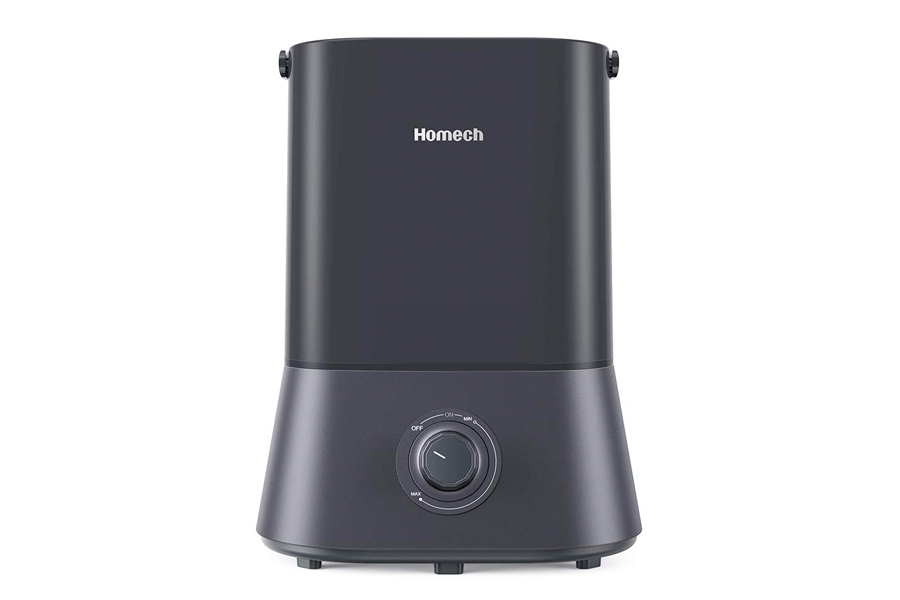
4. Keep the Air Moist in Your Bedroom
Dry air can lead to irritated membranes and swollen tissue, meaning a humidifier might be in order.

5. Drop Some Weight
By shedding a few pounds off your waistline, you might also decrease the amount of fatty tissue in your throat (thereby reducing blockage). This all-natural solution for snoring also delivers a host of peripheral benefits, in general.

6. Stop Smoking
Smoking can dry out and irritate the membranes in your nose and throat, creating blockage issues. But seriously, if you’re trying to figure out how to stop snoring naturally and you happen to be a heavy smoker, this remedy basically sells itself. Now for the hard part (i.e. quitting).

7. Stay Away from Sedatives and Alcohol
While a number of people might not associate sleeping pills or prescription sedatives with snoring, it turns out that these drugs can relax your throat muscles and potentially disrupt airflow. Meanwhile, there’s no wrong reason to drink less alcohol or stop drinking it altogether.

8. Watch What You Eat Before Bed
According to studies, overeating before bed can lead to snoring, as can foods that are high in dairy. But let’s be honest: amongst all-natural snoring home remedies, this one is another no-brainer.

9. Exercise
As if a proper fitness routine wasn’t already beneficial enough, it can potentially reduce snoring. That’s because you’re strengthening your throat muscles when you work on the other muscles in your body.
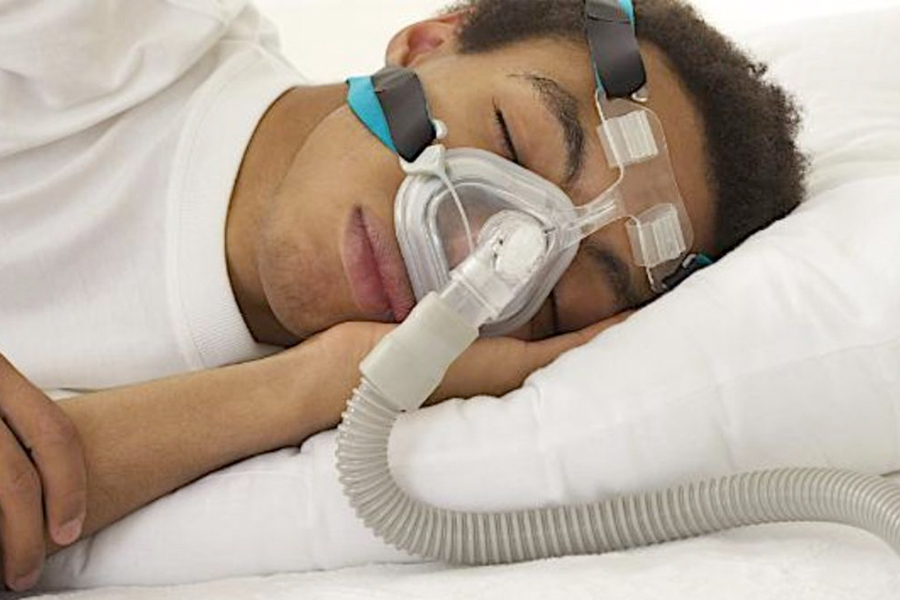
10. Continuous Positive Airway Pressure (CPAP)
For those with more serious conditions like sleep apnea, you might need to bring in a CPAP machine, which delivers pressurised air through a face mask of sorts. It might be the opposite of a snoring home remedy, but it will also help you survive. Your call.

11. Laser-Assisted Uvulopalatoplasty (LAUP)
If you simply must figure out how to stop snoring immediately, LAUP might be your best solution. It uses a laser to shorten the uvula (i.e. that little drop-shaped thing hanging at the back of your throat) and also apply little cuts in the palate on either side of your mouth. When the cuts heal, it stiffens the surrounding tissue and thereby reduces vibrations.
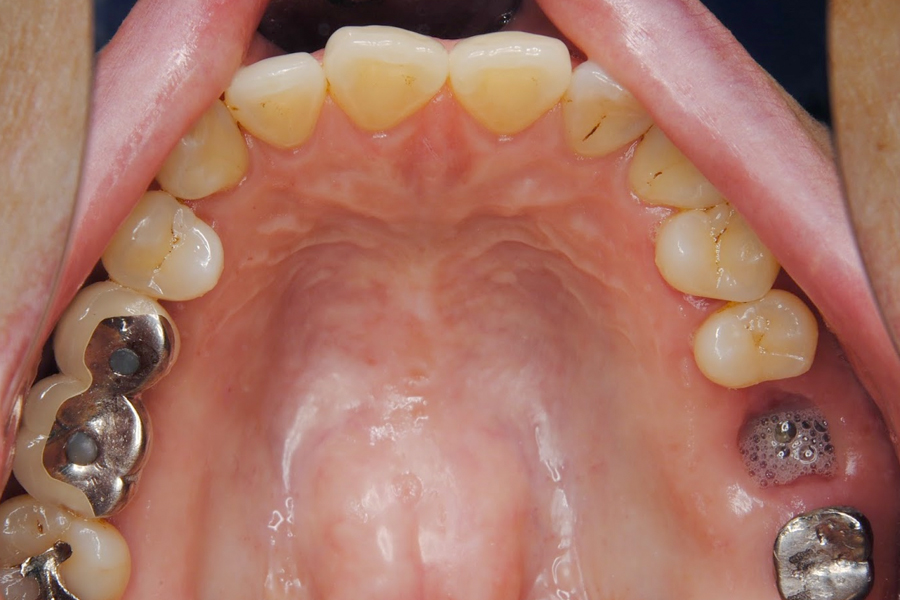
12. Palatal Implants
A collapsed soft palate can lead to snoring and that’s where palatal implants come in. Consisting of small plastic implants, they go into the soft palate and prevent snoring. Again, this might not be one of the snoring home remedies you were looking for, but extreme snores can call for extreme measures.
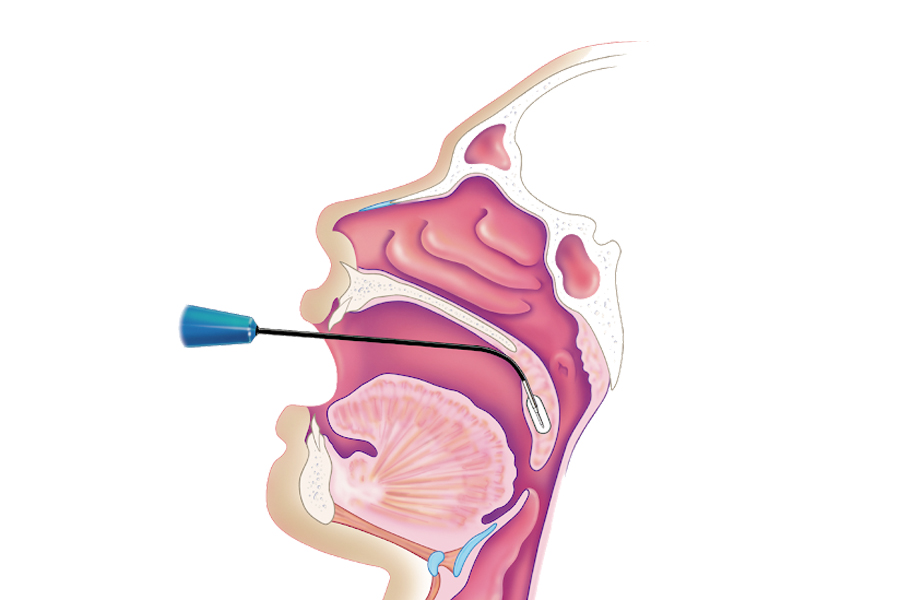
13. Somnoplasty
In case it’s not already obvious, we’ve moved on to snoring remedies of the medical variety. That brings us to somnoplasty, which blasts the uvula and soft palate with low levels of radiofrequency heat, all in an effort to reduce vibrations and thereby reduce snoring. Behold the wonders of modern science!

14. Custom-Fitted Dental Devices
Custom mouthguards and lower jaw-positioners will move your lower jaw and tongue forward while you sleep, which in turn opens your airway. If you’re intrigued, talk to your dentist.

15. Surgical Procedures
When there’s a natural abnormality or excess of tissue that can’t be availed by any other measure, it might be time to call in the surgeon. He or she might recommend procedures like Uvulopalatopharyngoplasty (UPPP), Thermal Ablation Palatoplasty (TAP), tonsillectomy, or adenoidectomy, which can respectively remove tissue or correct abnormalities.

16. Drink More Water
Let’s veer back into all-natural territory, shall we? Here’s a snoring home remedy that’s as simple as it sounds: hydration. Remember, a dry (i.e. dehydrated) nose and throat will irritate the membranes and cause snoring.
Frankly, if you’re not drinking enough water, you’re exposing yourself to all sorts of potential harm and not just a bad case of the snores. Make sure you’re drinking at least 3.7 litres of water a day (2.7 litres for women) and if it doesn’t stop your snoring, keep doing it anyway.

17. Give Your Tongue and Throat Muscles Their Own Workout
We mentioned fitness before, but did you know there are specific exercises that will strengthen your tongue and throat muscles? One of those exercises is singing so feel free to belt out some chords whenever the feeling strikes. You can also work out your tongue by placing its tip behind the top of your teeth and then sliding it back and forth for a few minutes every day.
What Causes Snoring?
Snoring is such a ubiquitous human (and animal) condition that we rarely stop to ask how it even comes to be. That’s in part because there’s a certain amount of common sense involved, making the answer a mere matter of deduction. Basically, snoring results when air is partially obstructed as it passes through the nose and throat. By pushing the airflow, you create vibrations in the surrounding tissue. Snoring is the sound of those vibrations.
Okay, but what really causes snoring? By that, we mean which underlying causes can create an obstruction in the first place? Here’s where things get a little more broad and complicated, as snoring can result from a number of root causes. Here are the most common:
- Age – When you get older, the muscles in your throat get smaller, causing the throat itself to become narrower.
- Being overweight – A number of overweight people have fatty throat tissue and underdeveloped muscle tone, both of which can lead to snoring.
- Genetics – Sometimes, people are just born with excessive throat and nasal tissue. Other people are born with narrow throats or cleft palates or enlarged adenoids or a host of other built-in attributes. That’s life.
- Sinus problems – When you have a blocked airway or a stuffy nose, breathing, in general, becomes harder to do.
- Membrane irritation – Factors like dehydration or dry air can irritate the membranes, leading to swelling and disrupted airflow.
- Drugs, smoking, food, and alcohol – Certain medications lead to muscle relaxation, which can lead to snoring. Meanwhile, excessive smoking, drinking, or even eating can cause airflow issues.
- Posture – Sleeping in a certain position (your back, for instance) can have a direct effect on the flesh in your throat or the position of your tongue and jaw, creating problems with airflow.
- Sleep apnea – This is a condition where you basically stop breathing altogether at certain points in the night. More and more people seem to be affected by it every year. If you think you might be experiencing sleep apnea, consult your doctor immediately.
Before you figure out how to stop snoring, it’s important to determine why you might be snoring in the first place. That means using the list above as a starting point and also breaking your snoring down by pattern and frequency. Consider keeping a sleep diary or asking your partner when you snore and how often (if you don’t have a sleeping partner, you might want to record yourself at night).
Ideally, you want to establish links between specific causes and specific snoring patterns. Maybe you snore every time you overeat or because you’re sleeping in the wrong position. Or perhaps it’s due to something far more serious like sleep apnea or persistent sinus attacks. The more you know about your snoring, the more equipped you’ll be to stop it.
General FAQ
When there’s a disruption to airflow, you breathe harder and create vibrations in the nasal and throat tissue. This leads to snoring. Underlying causes can include anything from genetics to ageing to dry air to dehydration to sleep apnea to overeating, amongst other things.
Some people naturally have more tissue in the nose, throat, and mouth, which creates louder snoring. Otherwise, you might also have an underlying cause that’s disrupting airflow and forcing you to breathe harder at night.
Skinny people do snore, though overweight people are more likely to snore due to excess fatty tissue in the neck and throat.
Depending on things like volume and frequency, snoring might be indicative of an underlying health issue. It can also be quite disruptive to both yourself and anyone sleeping around you. Hence, even when snoring isn’t bad per se, it’s certainly not good.
We snore for any number of reasons and there are likewise a number of potential solutions. Possible snoring remedies can include changing your sleeping position, clearing your nasal passages, eating less before going to bed, using a breathing device, or even paying for a surgical procedure.
You’ll also like:
How to Fall Asleep Quickly
13 Secrets to a Better Night’s Sleep
How to Improve Your Memory


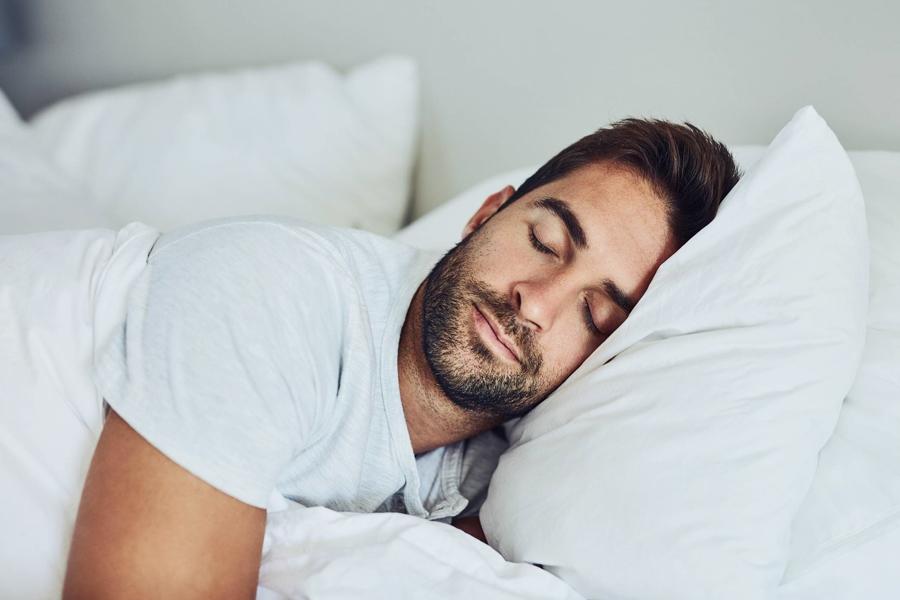





























Comments
We love hearing from you. or to leave a comment.